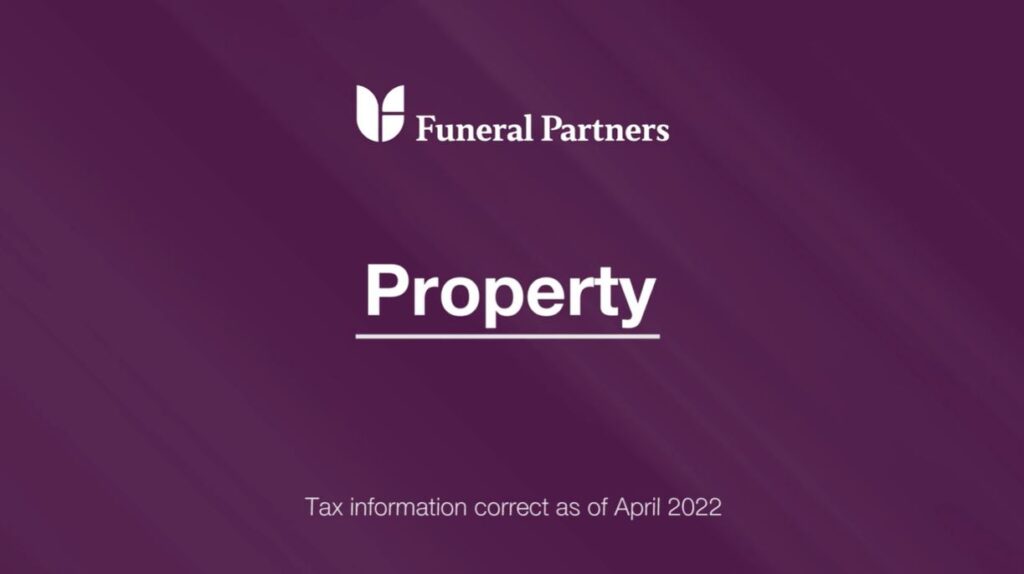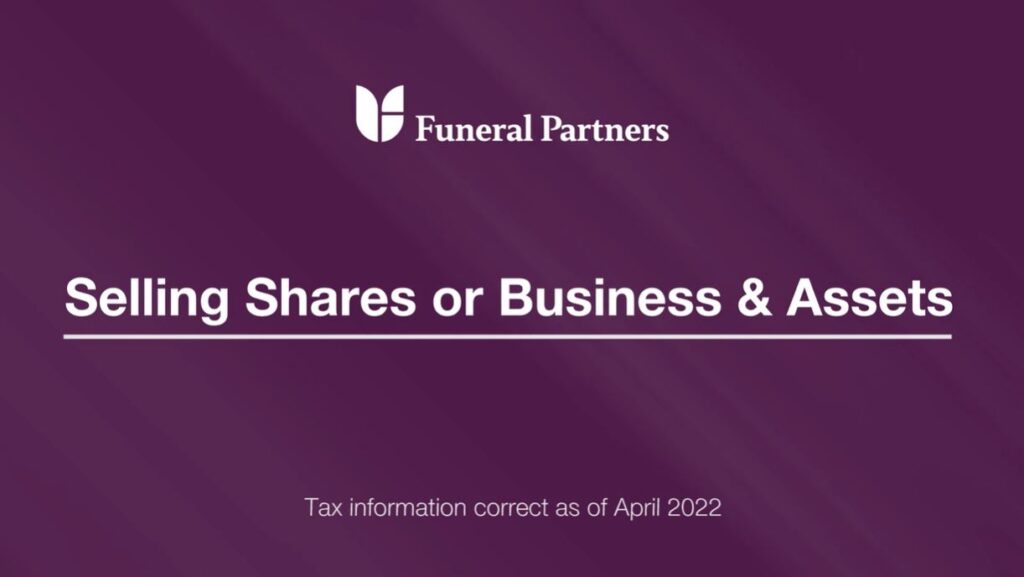Business Asset Disposal Relief
Video Transcript
Hello. I’m Steve Wilkinson, Mergers & Acquisition Director at Funeral Partners.
I’m joined by Bob Neal, a tax partner at Freeths.
So Bob what’s happened to entrepreneur’s relief, has it gone?
No, it’s still around, but they’ve changed the name. So it’s now called Business Asset Disposal Relief.
Okay, so that doesn’t really exactly roll off the tongue, but is it useful?
Yes, but it has been heavily cut back. There’s now a lifetime limit, which is just 1 million pounds. This includes gains that were covered back when it was called entrepreneurs relief, so if anyone has claimed a 1 million worth under entrepreneur’s relief, then that’s it, and you can’t claim anything more. Actually if you’ve claimed over a million of relief, which used to be possible under entrepreneur’s relief, then again, there’s nothing further to claim. If you’ve not used the lifetime allowance, then, claims are still available and it can be very valuable.
But if you’ve not used the one million allowance, is it still valuable?
Yes, definitely. It reduces the CGT rate to 10% where it applies and that’s a really low rate by comparison to any other tax rate nowadays.
So how does that work in practice?
Say if two owners are selling their company for 5 million pounds and BADR applies, if they’ve not used any of their lifetime limit, then the first million pounds of gain that each of them makes would benefit from BADR.
That would mean. The first million of gains is a tax that just 10%, the rest of the game would be taxed at 20%, which is the normal CGT rate. So for the first million pounds that gets BADR, there’s a saving of 10%, which means they reach saving a hundred thousand pounds of tax.
And what are the main requirements to qualify?
They’ve not really changed since it was called entrepreneurs relief. It applies to shares in trading companies, also some other types of business assets. For shares you need to have owned, at least 5%, for the two years before the sale, and you also need to have been an employee or director.
And of course you need to claim it on your tax return. These are just the main requirements and it’s important always to have specific tax advice, to ensure that the BADR requirements are satisfied. Don’t leave it until after you’ve sold. by then it may be too late and there may have been something that could have been done to ensure you’ve got the relief.
And obviously after the transaction is completed, it’s too late. This is really important if there are complications. So for example, if you’ve got deferred consideration or if the company has a high level of cash, that would be worth thinking about in advance, also, if there’s an EMI share options scheme, It is possible to get BADR.
Even if the option holders have less than 5% or haven’t held the shares for two years. So again, that’s important to take specific advice about
Thanks, Bob. I’m sure people will find that really useful.
We have called on the expertise of Bob Neal, Tax Partner at Freeths Solicitors to answer some important questions about Property, Selling Shares or Business & Assets and Business Asset Disposal Relief.

